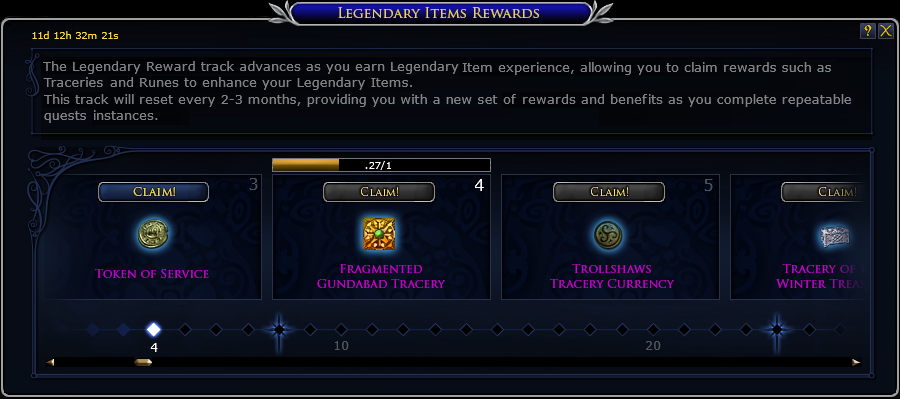Connection Corner
Your go-to guide for relationships, dating tips, and hookup advice.
Level Up Your Loot: The Secret Life of Gaming Item Rewards
Uncover the hidden secrets of gaming item rewards! Level up your loot and discover the ultimate tips for maximizing your gaming experience.
Unlocking the Mystery: How Game Item Rewards Enhance Gameplay
Game item rewards play a pivotal role in enhancing gameplay by providing players with tangible benefits that can significantly impact their gaming experience. These rewards often come in various forms, including weapons, armor, and power-ups, all of which contribute to a player's ability to progress through challenges and enjoy immersive storytelling. When players receive item rewards, they experience a sense of accomplishment and motivation to explore the game further, unlocking new levels and capabilities. This cycle of reward and exploration is crucial in maintaining player engagement.
Moreover, the strategic implementation of game item rewards creates a dynamic gameplay environment where players must make choices that can affect their overall performance. For instance, players may need to decide between saving items for later use or deploying them immediately to gain a competitive edge. This element of strategy enhances critical thinking and decision-making skills, making the gaming experience not only enjoyable but also intellectually stimulating. Ultimately, item rewards serve as the keys to unlocking new possibilities and experiences within the game, making them an integral part of modern gaming.

Counter-Strike is a highly popular first-person shooter game that pits two teams against each other: the terrorists and the counter-terrorists. Players engage in various game modes, completing objectives such as bomb defusal or hostage rescue. For those looking to enhance their gaming experience, using a daddyskins promo code can provide valuable in-game assets and skins.
The Evolution of Rare Loot: From Pixels to Real Value
The concept of rare loot has evolved significantly over the years, transitioning from mere pixels on a screen to items of tangible value. In the early days of gaming, rare items were often limited to their utility within a game, providing players with advantages that enhanced gameplay. However, with the rise of online multiplayer games and virtual economies, these items began to acquire a secondary market value. Players began to buy and sell rare loot, turning it into a substantial source of income for some and a sought-after commodity for others. This shift has fundamentally changed the way we perceive value in the gaming world.
As technology has advanced, the value of rare loot has only increased. Today, items such as virtual skins, weapons, and collectibles can fetch hundreds or even thousands of dollars. Various platforms and marketplaces have emerged to facilitate these transactions, enhancing the legitimacy of the virtual economy. Additionally, developments such as blockchain technology and NFTs (Non-Fungible Tokens) are bringing a new layer of ownership and authenticity to rare loot, allowing players to possess and trade digital assets securely. This evolution from simple game rewards to real-world value demonstrates how deeply intertwined gaming and economics have become in the digital age.
What Makes Gaming Rewards Worth It? A Deep Dive into Item Value
When discussing gaming rewards, it's essential to understand the various factors that contribute to their value. The inherent worth of an item can often be attributed to its rarity, utility, and aesthetic appeal. For instance, a rare sword in an MMORPG may offer not only a slight statistical advantage but could also hold social prestige among players, elevating its perceived value. Additionally, some games introduce a tiered reward system where players can unlock exclusive items through consistent gameplay or achievement milestones, creating a sense of accomplishment and increasing the item's desirability.
Another crucial aspect to consider is the emotional connection players have with their rewards. Gaming is as much about the experience as it is about the items themselves. Players often invest significant time into understanding the intricacies of the game, which can make a gaming reward feel like a personal triumph. Furthermore, community engagement plays a vital role; players frequently share their experiences, strategies, and even trade items, which can fluctuate the perceived value based on collective sentiment. Therefore, the worth of gaming rewards evolves continuously as they intersect with player interactions and game dynamics.